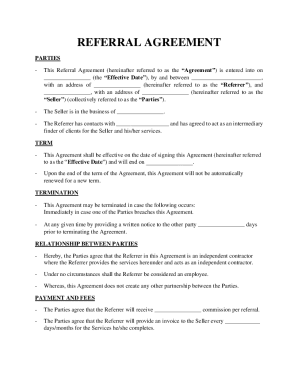
Business Contracts and Agreements: Ironclad Protections
admin
- 0
In the world of business, contracts and agreements are the backbone of any successful venture. These legally binding documents ensure that all parties involved understand their rights and obligations, outlining the terms and conditions of their relationship. An ironclad contract provides protection and security, allowing businesses to thrive and minimize potential conflicts.
Why Contracts Matter
A well-drafted contract is crucial for any business, regardless of its size or industry. Contracts define the scope of work, pricing, deadlines, and other essential aspects of an agreement. They provide a clear framework that mitigates misunderstandings and disputes, reducing the risk of conflicts that can harm business relationships and profitability. By having a written agreement, both parties are on the same page regarding their expectations and responsibilities. This not only ensures that the contract is properly executed but also enhances trust and confidence between the parties involved. Moreover, a comprehensive contract can safeguard the interests of all parties and protect intellectual property, trade secrets, and other sensitive information.
The Essential Elements
When drafting a contract, certain elements must be included to ensure its enforceability and effectiveness. Clear identification of the parties involved, a detailed description of the services or products to be provided, consideration or payment terms, and the duration of the agreement are some essential elements that should be covered. Additionally, a well-drafted contract should define the rights and obligations of each party, include specific provisions for dispute resolution, and address potential risks and liabilities. These elements provide clarity, eliminate ambiguity, and protect the interests of the parties involved.
Types of Business Contracts and Agreements
Business contracts and agreements come in various forms, depending on the nature of the relationship and the specific requirements of the parties involved. Some common types include: Partnership Agreements: These contracts outline the terms and responsibilities of partners in a business venture, including the division of profits, decision-making processes, and dispute resolution mechanisms. Employment Contracts: Employment contracts establish the rights and obligations of employees and employers, specifying terms such as compensation, benefits, working hours, and termination clauses. Sales Contracts: These agreements govern the sale of goods or services, specifying details such as pricing, delivery terms, and warranties. Nondisclosure Agreements (NDAs): NDAs protect sensitive information shared between parties by establishing confidentiality obligations and penalties for unauthorized disclosure. Service Agreements: Service agreements define the scope, duration, and payment terms for services rendered, ensuring both parties are in agreement regarding the work to be performed.
Enforcement and Dispute Resolution
While contracts aim to prevent disputes, disagreements can still arise between parties. In such cases, an ironclad contract should include provisions for dispute resolution. Common methods include negotiation, arbitration, or litigation. Properly drafted contracts often include a choice-of-law provision, specifying which jurisdiction’s laws apply. This helps streamline the dispute resolution process and can expedite proceedings. Additionally, contracts may require parties to engage in alternative dispute resolution methods, such as mediation, before proceeding to court.
Seeking Legal Assistance
Creating a strong and enforceable contract requires expertise in contract law. It is essential to seek professional legal assistance to ensure that the contracts and agreements you create serve their intended purpose and provide the necessary protections for your business. A skilled attorney can draft, review, and negotiate contracts on your behalf, ensuring compliance with applicable laws and protecting your interests. They can also provide guidance in case of potential breaches or disputes, helping to resolve conflicts in a fair and efficient manner.
Conclusion
Business contracts and agreements underpin the foundation of successful commercial relationships, providing clarity, security, and protection for all parties involved. These ironclad protections mitigate risks, prevent misunderstandings, and minimize the likelihood of conflicts that could harm a business’s reputation, profitability, and long-term viability. By investing time, resources, and expert legal assistance in creating well-drafted contracts, businesses can confidently navigate their operations while fostering trust and confidence with their clients, partners, and employees.

